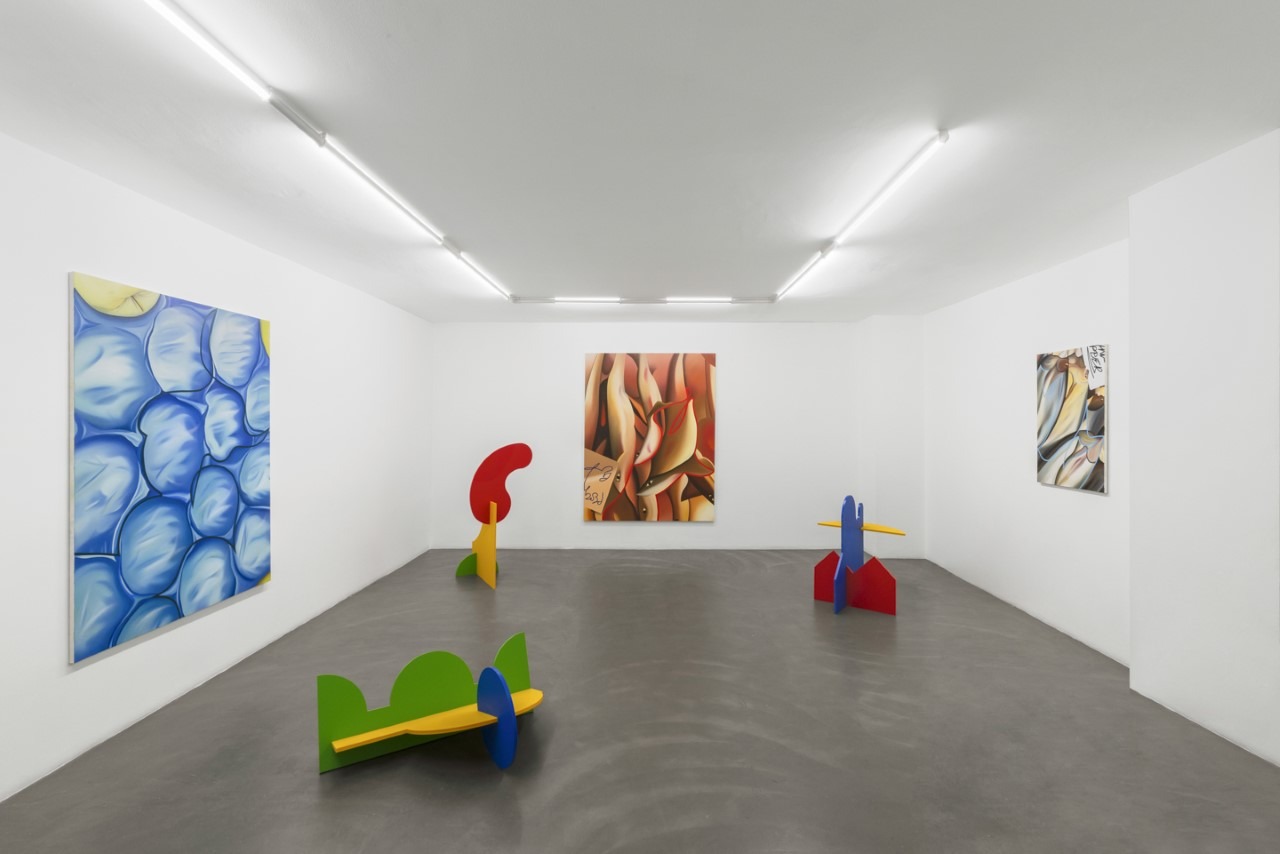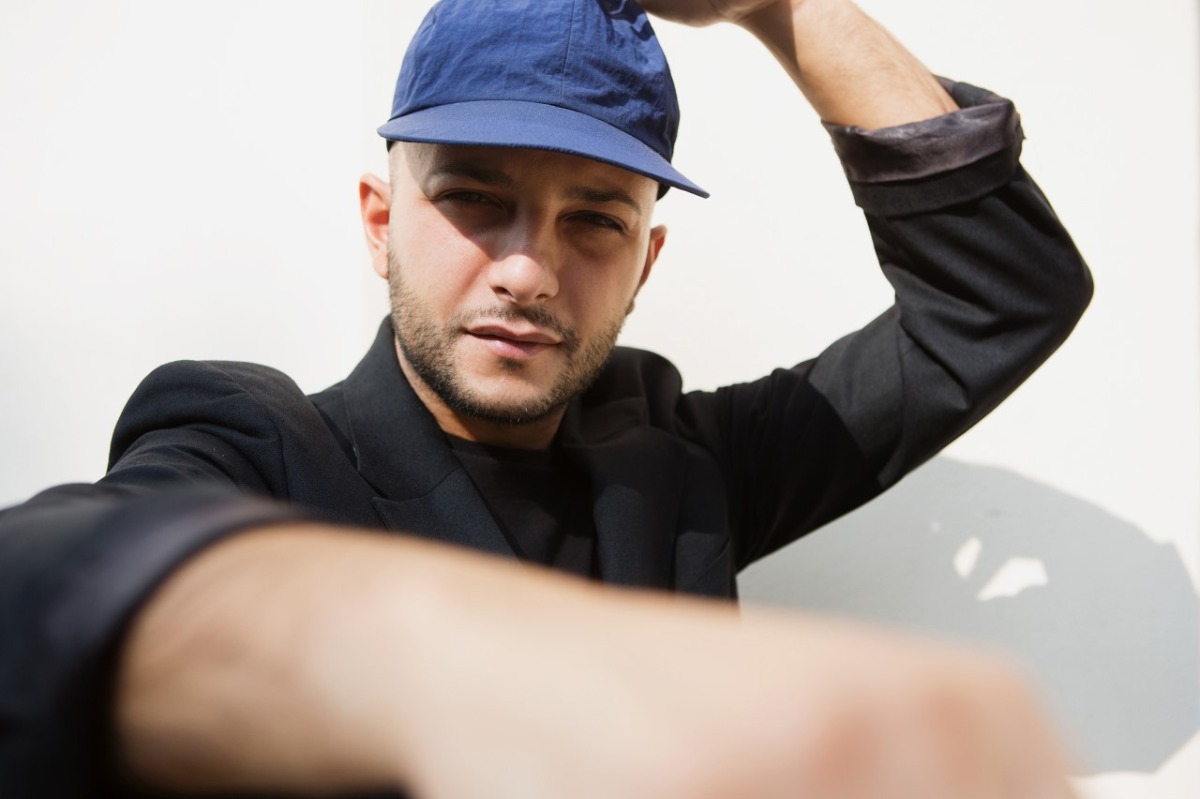
It's fantastic!
Q&A in Times of Crisis. Italian independent curator Domenico de Chirico
“There are no dolphins in the lagoon, don't be silly!” Italian-born curator Domenico de Chirico humorously set the record straight on his Facebook timeline in response to the false stories that seismically spread across the internet last month about the miraculous occurrence of dolphins in the waters of Venice. In unusual times like these, when all we hear is a series of unfortunate news, society becomes an easy target to any provided mass information, it might as well be a modern legend about singing dolphins on the other side of the Giudecca.
Born in Bari, the Milanese landscape for contemporary art is currently under Chirico's soles. He works actively on exhibitions and research on important topics of contemporary art beyond the metropolitan borders, among which: Prague, Moscow, Istanbul, Antwerp, Venice, Florence, Barcelona, Rome, Como, Caserta, Košice, Timișoara, and so forth. Curator possesses an inexhaustible inner drive to do things to which I can strongly associate with, and even in times like these, his work ethic and creative engine continues to operate as if it were powered by nuclear energy.
By posting in the Instagram account a medley of his recent exhibitions, throwback projects, and personal favorites in art and design, the independent curator suggests that it is not necessary to highlight trends and superficialities to gain recognition both online and offline, instead, your actual knowledge and work is what speaks in your advantage. However, he can also easily make a medical face mask look aesthetically appealing in a selfie. Not advertising it as a fashion accessory among the sophisticated men of Milan, but to give the fellows a good example to take COVID19 prevention measures seriously.
De Chirico's “sticky” expression during our private correspondence “It's fantastic!” seems to be his subconscious credo of life. If there are phrases that I would like to get rid of, then this one is definitely the one that should be borrowed, internalized and maintained, for it's a fantastic outlook on life!
From 2011 until 2015 he was a professor in “Visual Culture” and “Trend Research” at Milan’s European Institute of Design (IED). He has been artistic director at DAMA Fair, Turin (2016-2019). He was also a visiting tutor at Goldsmiths, University of London (2018) and a member of the Network Event for Young Curators, LISTE - Art Fair Basel, Basel (2018).
Upcoming exhibitions: Swab Barcelona Contemporary Art Fair, Barcelona (committee member); Roma Arte in Nuvola: Fiera Internazionale d'Arte Contemporanea, Rome, Italy (advisor).
Are you working on any projects right now? If so, could you briefly describe them?
Luckily, yes. In this grave moment I'm mainly working on long-term projects, both online collaborations and exhibitions, critical texts and artist statements. I'd prefer not to describe them in detail because obviously they're all upcoming and yet to be announced, but they will be visible soon (but who knows when).
The Breakfast Club - a temporary format hosted on carlier | gebauer’s Instagram account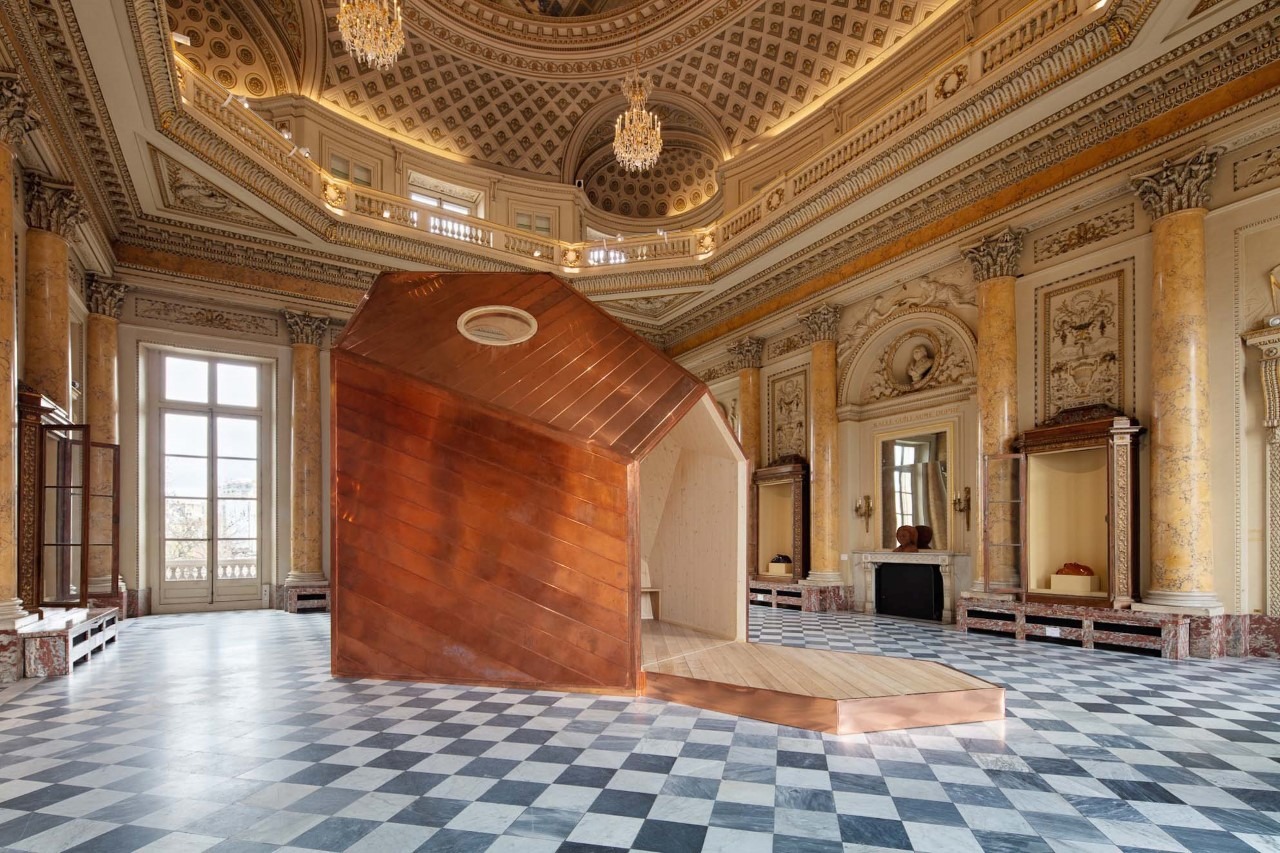
We would usually meet at openings in galleries, browse through museums, visit artist-and curatorial talks, but this is currently not possible anymore and continuing dialogue has become much harder. So every Sunday The Breakfast Club - a temporary format hosted on carlier | gebauer’s Instagram account - invites a curator/critic to action and have her or him shuffle through our program and create a new show or format to engage with the art of the gallery. The project runs until “further notice,” and will be our way of being in touch with the art world while practicing the safe distance, or - more simply - our Sunday newspaper we look forward to reading after a long week.
The show titled “Deafening Silence” is one I have designed for this initiative.
Our current situation is one that is heavy and metaphorically oxymoronic that influences everything and in which a moment of quiet seems to be almost an oddity. The selected artworks for this show were strongly dictated by the current status quo and animi adfectio. However, the works remain unavoidably linked to an aesthetic adage and relevance of common meaning. Although common opinion continues to erroneously interpret it as a condition of passivity, the fil rouge of the works in question seems to circle the theme of silence which is usually one of the undisputed protagonists of the vital and important moments in the life of every human being. To say it with Giacomo Leopardi's words: “it is the language of all the strong passions, of love, of anger, of wonder, of fear”. Furthermore, it is a fundamental element of artistic creation. But how is this deafening silence experienced or interpreted at this precise moment? Posterity will judge.
The Breakfast Club - a temporary format hosted on carlier | gebauer’s Instagram account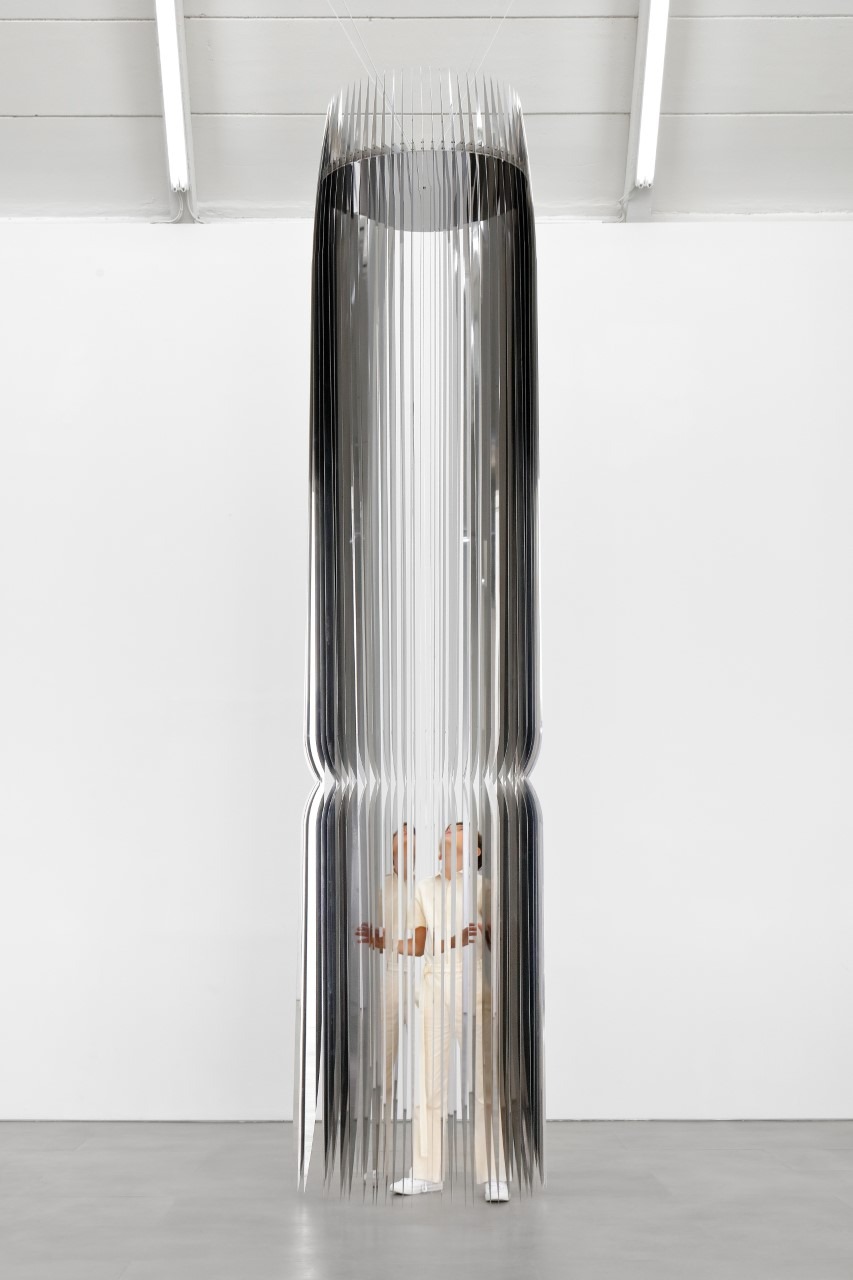
What is your recipe for survival in a time of almost only bad news?
The possibility I'm constantly giving myself of living and loving in a genuine way. Furthermore, a certain kind of aesthetics is daily saving my “eyes” from the current bombardment of both bad and sad news. I only read essential news with regard to key elements of current issues in order to remain informed and updated but always trying to protect my sensibilities, even if, at my age, I look at the truth straight on.
Installation view:
“Stefano Perrone - Przemek Pyszczek
in conversation” /
Chapter #1 /
Curated by Domenico De Chirico /
11 March - 02 May 2020 / RIBOT gallery
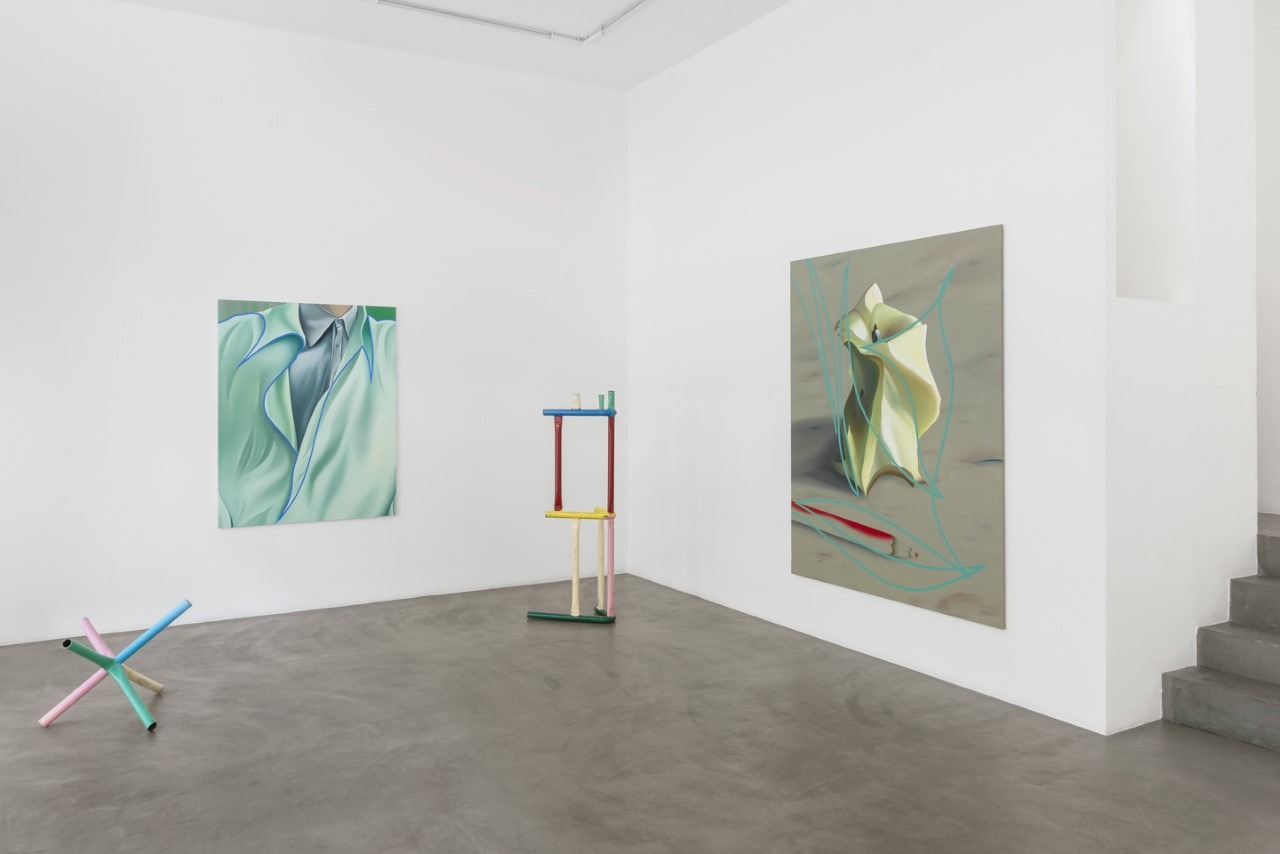
What is something that we all (each of us, personally) could do to make the world a better place when this disaster comes to an end?
The world will no longer be the same again, but at the same time... there is a kind of magic in every new beginning. Well, honestly I'm bad at giving advice. Surely we must trust in ourselves, in others and in our dreams. Always. Exceedingly, I think that magic it's constantly a part of the human being. We must not forget that aspect, in addition to human rights.
Installation view:
“Stefano Perrone - Przemek Pyszczek
in conversation” /
Chapter #1 /
Curated by Domenico De Chirico /
11 March - 02 May 2020 / RIBOT gallery
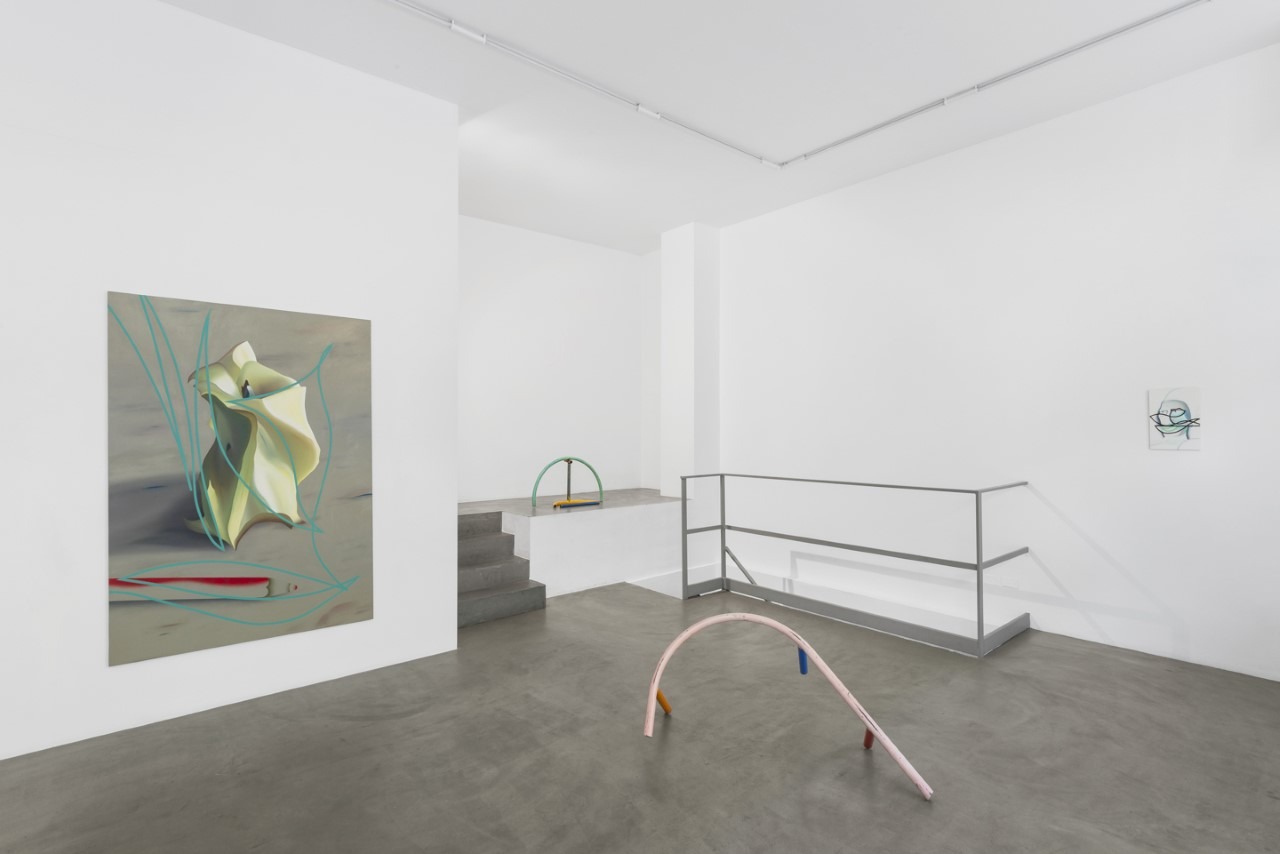
The art world and the culture sector is one of the most affected. What is the main lesson the art world should learn from all this? How do you imagine the post-apocalyptic art scene?
I'm Italian and I'm still living in Italy where the culture sector continues to be absolutely debatable, precarious and with strong and clear differences between public and private. Need I say more? I am very eager to see what will happen next. It's hard to imagine the practical implementation of any other solution, in realistic terms. I myself am a great supporter of the myth of meritocracy and I strongly think it should be a required course at every stage and everywhere. At a time when we're shuffling cards, that is my wish regarding the post-apocalyptic art scene.
Installation view:
“Stefano Perrone - Przemek Pyszczek
in conversation” /
Chapter #1 /
Curated by Domenico De Chirico /
11 March - 02 May 2020 / RIBOT gallery